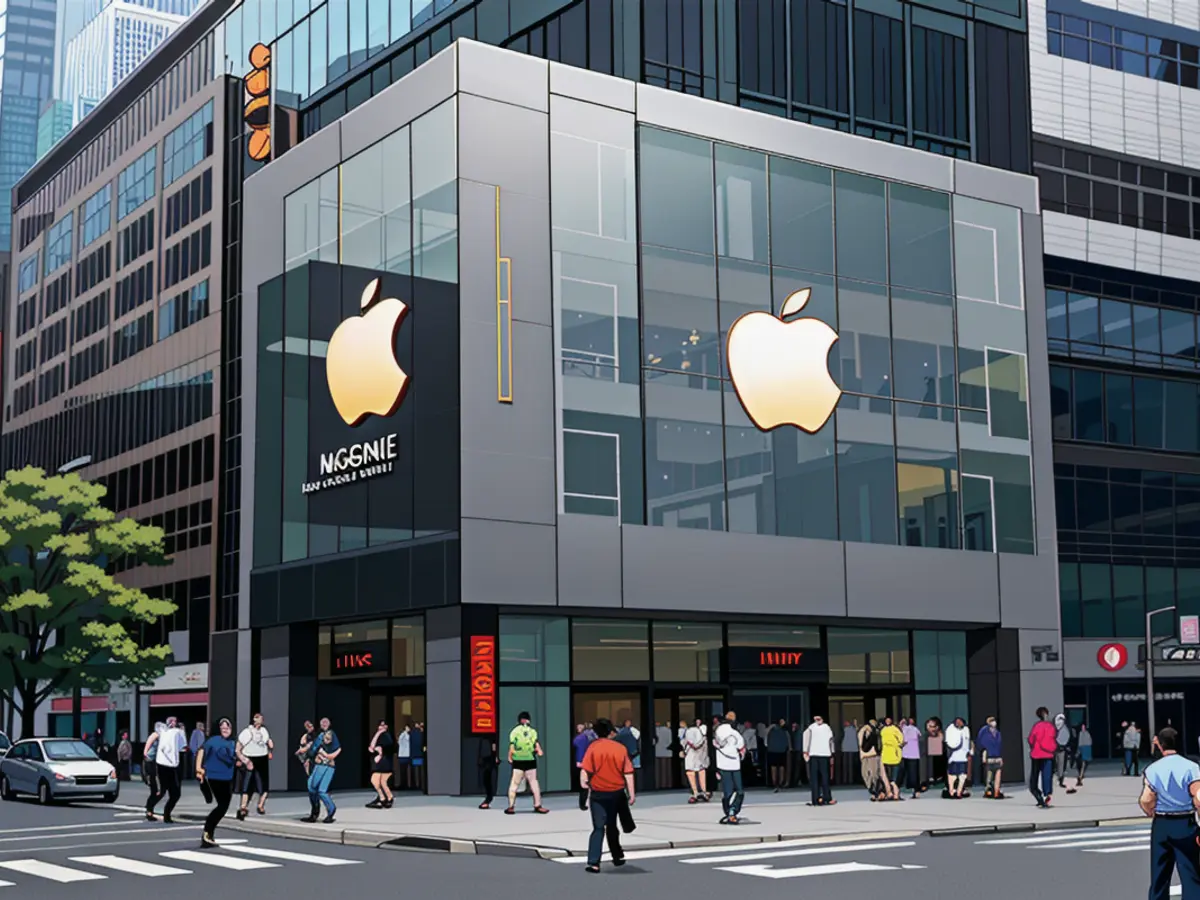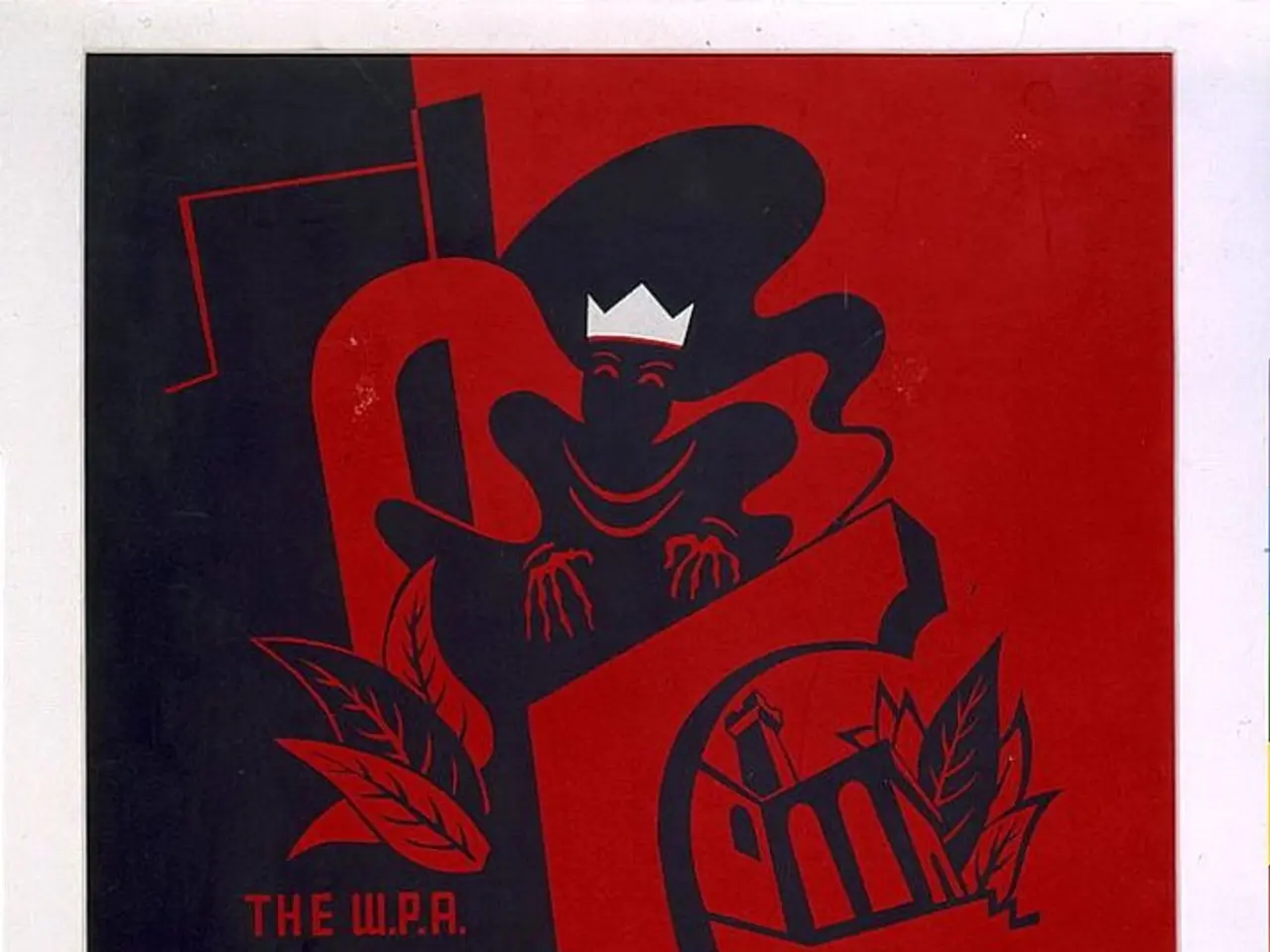Title: Decoding Peter Thiel's Mystifying Statements: A Source of Uncomfortable Puzzlement
In an informal, straightforward style, let's dissect Peter Thiel's Financial Times op-ed, which echoes the discomfort of being cornered by an intoxicated drug user at an Austin house party. Titled "A Time for Truth and Reconciliation," the unnervingly ominous piece references South Africa's post-Apartheid period.
Thiel paints a grim picture of an incoming Trump presidency as the dawn of a new age that will unravel the secrets of prominent unsolved conspiracies, such as the Epstein case, JFK assassination, and the origin of COVID-19. He blames the Distributed Idea Suppression Complex (DISC) for hindering open discourse and promoting elitism.
However, critics argue that Thiel is not exempt from this condemnation, being a wealthy enterprise mogul who has contributed to the same political career of J.D. Vance that he supports. The piece feels like a reckless populist rant, jumbled with literary references likely to elude conventional college graduates.
In essence, a man worth a prodigious $10 billion, who backed the surveillance and AI company Palantir, and whose op-ed calls for more revelations and truths, seems to showcase a certain hypocrisy. The op-ed has left many baffled by the billionaire's sudden interest in exposing the elites while, at the same time, being part of the very elite class he decries.
Insights from enrichment data indicate that Thiel's support of Trump's presidency and his influence in the tech industry and policy-making are significant factors to consider in understanding the underlying themes of his op-ed. While the Thiel Fellowship and his investments in technology pioneer the future, his connections with the Trump administration reveal a subtle, strategic influence in shaping contemporary politics.
The op-ed's call for more truths and revelations might spark a future of tech-driven transparency, challenging the existing power structures. Yet, Thiel's involvement in the tech industry and policy-making, particularly his support for Trump, raises questions about his role in shaping this future tech landscape.








